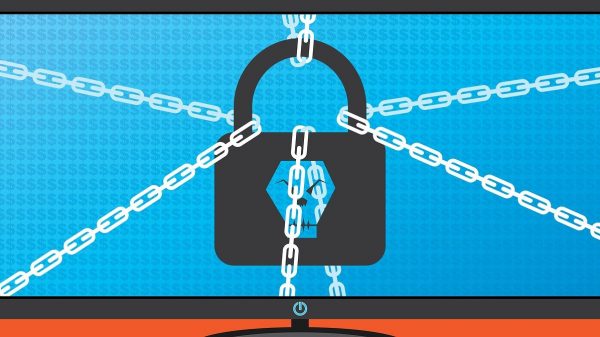When asked a question about what problem is it that they're trying to solve, by coming up with a "self regulatory code", and why they think they need to be a creators of a solution when they aren't the problem ["Why do you want to be the solution when you aren't the problem?"], there wasn't a conclusive answer, except the fact that in Public Interest Litigations, the Ministry of Information and Broadcasting is asked to identify responsibility for online content, and that it had begun a now-aborted process for Online Content Regulation earlier this year. At a discussion held yesterday by the Observer Research Foundation in Delhi, stakeholders related to the online Video-on-Demand ecosystem [although not all the major players, and not everyone who does VoD], along with others, discussed the creation of a self regulatory code to address some of these concerns: with the objective of seeming like responsible players if and when problems arise. The fear was illustrated by another comment, that regulation will come. "We [content creators] will push boundaries and there will be something that will offend a lot of people and government might create a code that we might not want." Thus, the idea is that before the government can regulate us, lets regulate ourselves. "There is a requirement for a code from within the industry". It's worth remembering, though, that the regulation that the MIB was looking at also covered news, news aggregators, and video aggregators. For some reason, the Video on Demand [VoD]…




























